
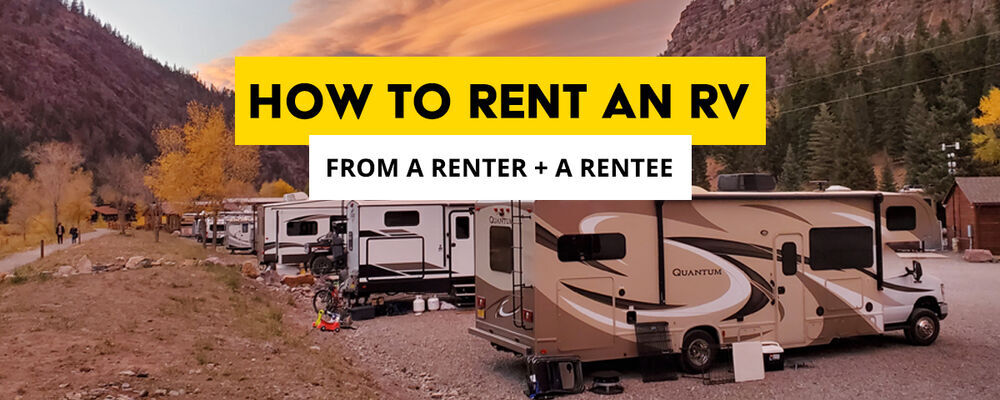
How to Rent an RV (Tips from a Renter + Rentee)
What Does it Cost to Rent an RV?

RV Rental Companies vs Peer-to-Peer Renting
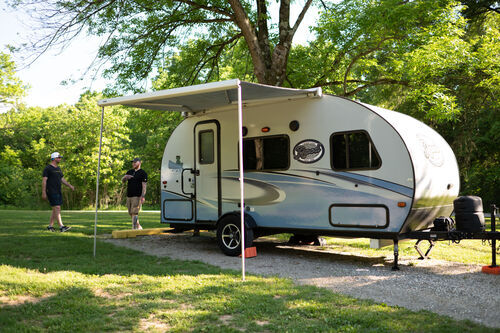
Flexibility - Individuals are not bound by company policies, so they are more likely to offer flexible cancellation policies, delivery locations, amenities, etc. Extra amenities - RV owners will often include daily necessities like bedding and cookware at no additional charge. Since you're renting their personal RV, you might also find rigs with other fun extras. For instance, I've seen rentals that include everything from an X-Box to fishing gear. Knowledgeable Owners - The people renting out these campers know them better than anyone and are usually very helpful in their walkthroughs. (For instance, the owner of the R-Pod pictured above shared tips for extending the tricky awning.) Variety - Why not try out a vintage teardrop or a fifth wheel with the perfect bunkhouse? Your options are more limited when renting from a company, but there are endless options when renting peer to peer.
Conditions may vary - You're renting from an individual, so maintenance and cleanliness will be up to the owner. You'll want to check reviews of an RV owner before you rent from them. Most want to keep their units in top shape (they're generating revenue from them, after all), but there's always that chance the unit doesn't look like its photos. (Kind of like my last Tinder date—kidding.) Fees - Depending on the person renting out the RV, you may run into extra fees ("cleaning fees" are becoming more common). However, sometimes these are included in the base price.
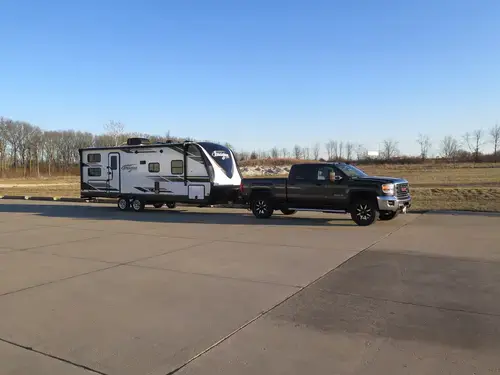
One-way and long-term options - An RV owner isn't going to let you drive cross country and drop off their RV in another state. Most major rental companies offer this option, however. Sometimes these companies even offer heavily discounted one-way specials. Consistently Clean - Companies typically offer newer RV models, and you can usually rest assured the unit will be clean.
Bare Necessities Cost Extra - Cookware and bedding often cost extra. For instance, Cruise America charges $75 for a "personal kit" that includes towels and bedding and $125 for a "vehicle provisioning kit" that includes cookware. Often these are included with peer-to-peer renting. Less variety - You likely won't find that unique, boho-themed vintage teardrop someone is renting out on Rvshare. Most commercial RV rentals are new, but generic.
Location - Does the rental site provide RVs in your location? Will you have to pick up the RV, or is delivery an option? How much does delivery cost? If campers in your budget aren't available in your area, you might find a good option by expanding your search radius. You might also consider driving or flying to your destination, then renting an RV there. Depending on the location, this can cut down on driving, delivery, and rental costs. What insurance and roadside assistance packages are offered? - Many rental sites include insurance. For instance, RVshare includes insurance in all their rental prices and also offers additional protection packages for purchase. Does your rental come with unlimited mileage? If not, how many travel miles are allowed, and what's the fee per mile for going over? (It's typically around 25 - 75 cents per extra mile.) Do you need a pet-friendly RV? If so, make sure your unit allows furry friends. What is the cancellation policy? Stuff happens, after all.
What to Bring To Your RV Pickup
A vehicle rated to tow the camper - Check out our guide here to learn more about determining your vehicle's tow capacity. A hitch on your vehicle. A brake controller - This is a small electronic device that syncs the camper's brakes with your vehicle's brakes, so that when you hit the brake pedal, both stop together. Brake controllers are required in many states. If your vehicle doesn't have a built-in factory brake controller, you can install one. Alternatively, if you have a 7-way plug on your vehicle, you can use a portable controller like the Curt Echo. The Echo is easy to recalibrate to different tow vehicles and trailers, which is why I like it.
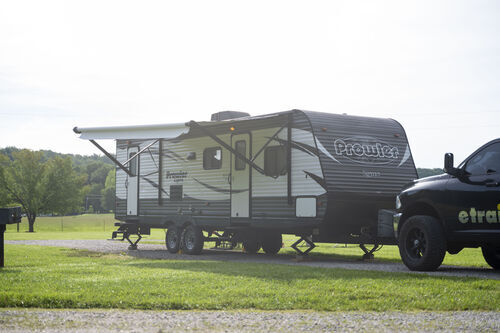
What to Ask About During Your RV Pickup
How to dump the tanks (+ where the hoses are) How to turn on the propane How to turn on the water heater, stove, and fridge How to pull out awnings and slideouts How to level and stabilize the camper
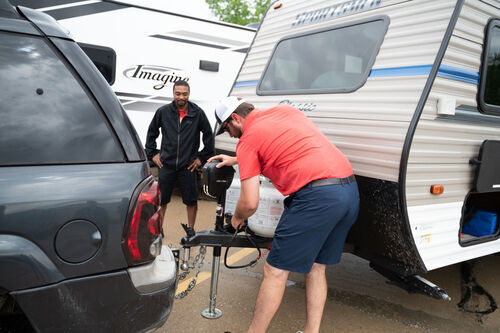

Other Burning Questions
Can You Rent an RV One Way?
Can You Rent an RV Long Term?
How Old Do You Need to Be to Rent an RV?
Do I Need a Special License to Rent an RV?
Conclusion
Departments
Towing
- Trailer Hitch
- Fifth Wheel
- Gooseneck
- Towing a Vehicle
- Front Hitch
- RV Hitch
- ATV Hitch
- HD Truck Hitch
- Vehicle Wiring
- Brake Controller
- Ball Mounts
- Weight Distribution
Sports and Recreation
Trailer Parts
- Utility Trailer
- Boat Trailer
- Landscape Trailer
- Enclosed Trailer
- 5th/Camper Trailer
- Car Hauler
- Horse Trailer
Vehicle
Contact & Help

What our customers are saying:
"Very fast service. Shipped out an hour after I ordered it.Thanks!!"
Robert
Westfeild, PA
Popular Vehicles
- Subaru Forester
- Ford F-350 Super Duty
- Ford F-250 Super Duty
- Chevrolet Silverado 1500
- Jeep Wrangler Unlimited
- Jeep Wrangler
- Ram 3500
- Toyota Highlander
- Ram 2500
- Chevrolet Silverado 2500
- Subaru Outback Wagon
- Chevrolet Silverado
- Dodge Ram Pickup
- GMC Sierra 2500
- Ram 1500
- Ford F-250 and F-350 Super Duty
- Jeep Grand Cherokee
- Toyota Tacoma
- GMC Sierra 3500
- Toyota Tundra
- Ford Escape
- More >>


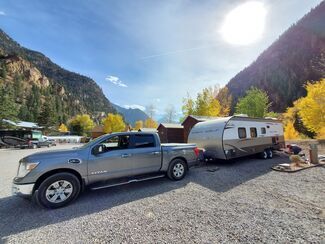
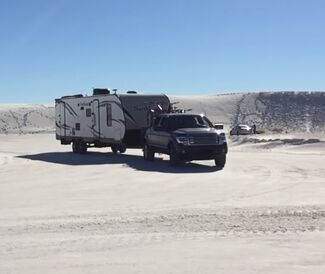
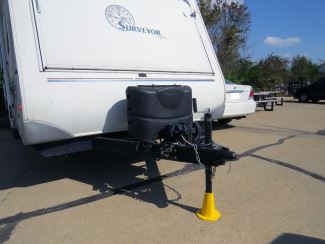
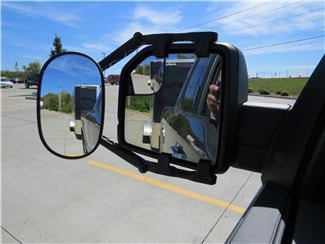
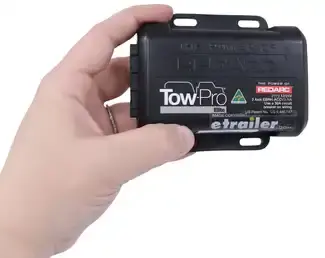
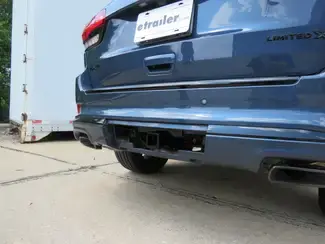



















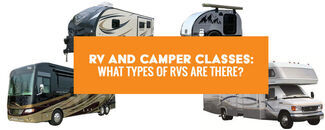





Mark T.
4/7/2023
RVShare and Outdoorsy both have insanely outrageous insurance fees. When I was looking at a 9 day motorhome rental in Alaska they wanted $800 just for insurance. I just check on a trailer locally and they want $235 for a week of insurance. I don't even pay that much for an entire year of insurance for my trailer! It is a ripoff plain and simple.